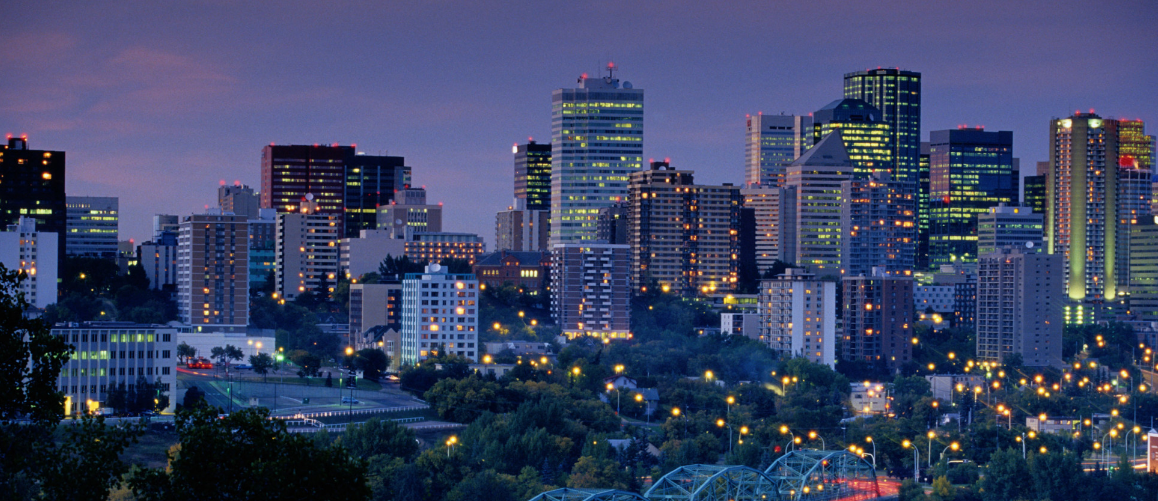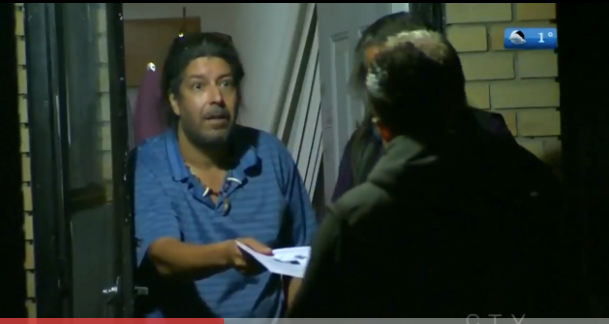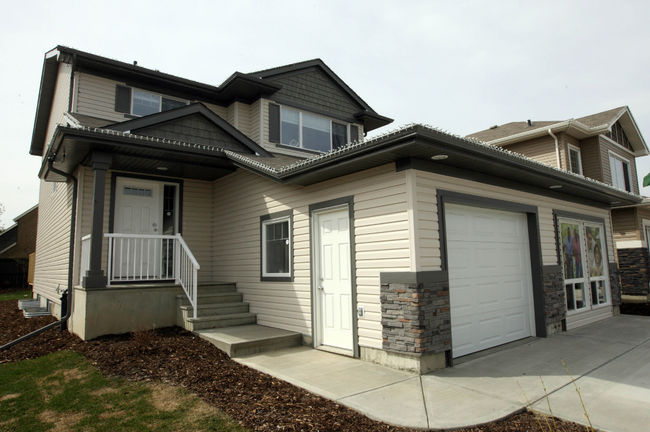The slow down in the oil patch is affecting Alberta’s major city residential landlords. Seriously. The market was once quite hot. Now…not so much. CBC reported a doubling of the vacancy rate late last year.
Edmonton is a renter’s paradise right now. Economic slowness, coupled with more supply than demand in terms of available units, has flexed adversity on Alberta’s landlords. Vacancy rates have increased steadily since last year, and now range from six to eight per cent, depending on property type. The average rent in Edmonton and the surrounding area has dropped between 10 and 15 per cent from a five-year high in July 2014. This has been forcing landlords to get creative about attracting tenants and signing leases, including free Wi-Fi, amenities, groceries, and even flat screen televisions as part of rental agreements. We touched on this phenomenon in Halifax late in 2013, when landlords there were offering free iPads to prospective tenants.
In Calgary – a city where mayor Naheed Nenshi famously criticized what he considered rent gouging in 2014, things are not that much better. Rents have fallen astonishingly fast. A 20% drop in January of this year from the beginning of 2015. The Calgary Real Estate Board is anticipating that the vacancy rate will rise to 7% by the fall. By the fall of 2017, CMHC expects the vacancy rate in the city to decline back to 5.5 per cent. Calgary’s 2016 civic census revealed that while the city’s population increased slightly to more than 1.2 million in April, more people moved out of the city than arrived here. More than 20,800 units were empty in April, a 67 per cent spike over last year’s levels, which brought the vacancy rate for dwellings to 4.3 per cent, according to the census. According to the Financial Post, the vacancy rate hasn’t been this high since 2004, when the city reported the lowest level of migration in 12 years. A city hall analysis of historical housing data shows there are more vacant units in 2016 than in any of the past 16 years. To put this into perspective, Canada’s national vacancy average for urban centres is 3.3 per cent.
Even rural cities in Alberta have been affected.The Government of Alberta annually conducts the Rural Apartment Vacancy and Rental Cost Survey of multi-family dwellings in Alberta’s rural communities between the months of May and August. This survey does not include cities whose population is more 10,000 people. Vacancy rates have increased and decreased in a cyclical pattern with vacancy in rural Alberta communities being on an upward trend, having risen 3.7 per cent in 2014, up to 8.2 per cent in 2015. Not only are vacancy rates up in general, in a number of communities they are at their highest point since 2006.
Experts say the next big hit to the market could come in the spring, when many leases typically come up for renewal. Not good.
Questions? Comments? Are you a landlord in Alberta? We’d love to hear from you.



